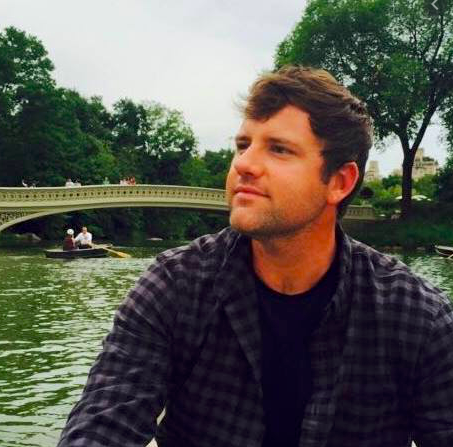Reading Safety Meeting at The Point magazine, an extract from Bud Smith’s 2017 book Work, brought home to me just how little we see of manual work in the contemporary world of letters.
Smith works at an oil refinery in New Jersey. He is also a writer, working on a smartphone during his lunch breaks. His writing is economical, rooted in concrete events rather than abstract reflection, shifting between his childhood, his workplace and his thoughts about art and class and writing. His descriptions of his work environment have a conversational lightness that contrast with the scale, dirt, noise and omnipresent danger of industrial work:
At my job, I weld—shielded arc, tig and mig. I also work with cranes, read blueprints, arc gouge, cut things apart with torches, jackhammer, wrench this, wrench that, disassemble/reassemble pieces of machinery as big as a house with heavy duty impact guns—most of the time I figure I’m just getting paid to either get burnt by molten metal, soaked with fuel, soaked with rain, or just generally covered in rust, dirt and grime.
- Bud Smith
Smith is alive to the division between the social class that writes, and the class that does manual work. He addresses this with the same lightness as he does the materiality of heavy industry, not by theorising but storytelling:
When I got hired to do the repairs at the college there was a meeting that I had to sit through where the people from the school threatened us about having any contact with the students. We weren’t supposed to talk to them. Or look at them. While I was working there, one of my coworkers had his hand smashed with a sledgehammer and he ran through the building with blood spraying on the clean white floor. We all bleed the same.
- Bud Smith
Both manual workers and the world of letters idealises the other, Smith suggests, situating “realness” somehow where they themselves are not:
Sometimes people say things like, “It’s cool that you work a real job, working with your hands…” The guys I work construction with all talk about working “real jobs” too, except they’re talking about “not working here.”
- Bud Smith
The people he meets in the world of letters may be surprised that he never went to college, but, he points out, the people he works with are storytellers too: “They are a lot like poets, short-story humorists, novelists, and they don’t even know it.” From this emerges his rationale for creating – a vision at once playful and profound:
Art isn’t something you should protect from yourself. Just run towards it full sprint and embrace how ridiculous your ideas are, how unguarded, how close to something a child might think up, lying on their back in a field overgrown with weeds. The sights and sounds of the rotating world revealing itself to you, or not. Take a sip of black gas station quality coffee, take a bite of fish sandwich, write down the adventures of the day. Every day adds up. Every lunch break is something more than a lunch break.
- Bud Smith
Bud Smith is a rare voice from outside the navel-gazing world of the creative writing masters’ degree. Whatever you do for a living, get lost in his world for a few minutes this weekend.











Join the discussion
Join like minded readers that support our journalism by becoming a paid subscriber
To join the discussion in the comments, become a paid subscriber.
Join like minded readers that support our journalism, read unlimited articles and enjoy other subscriber-only benefits.
Subscribe